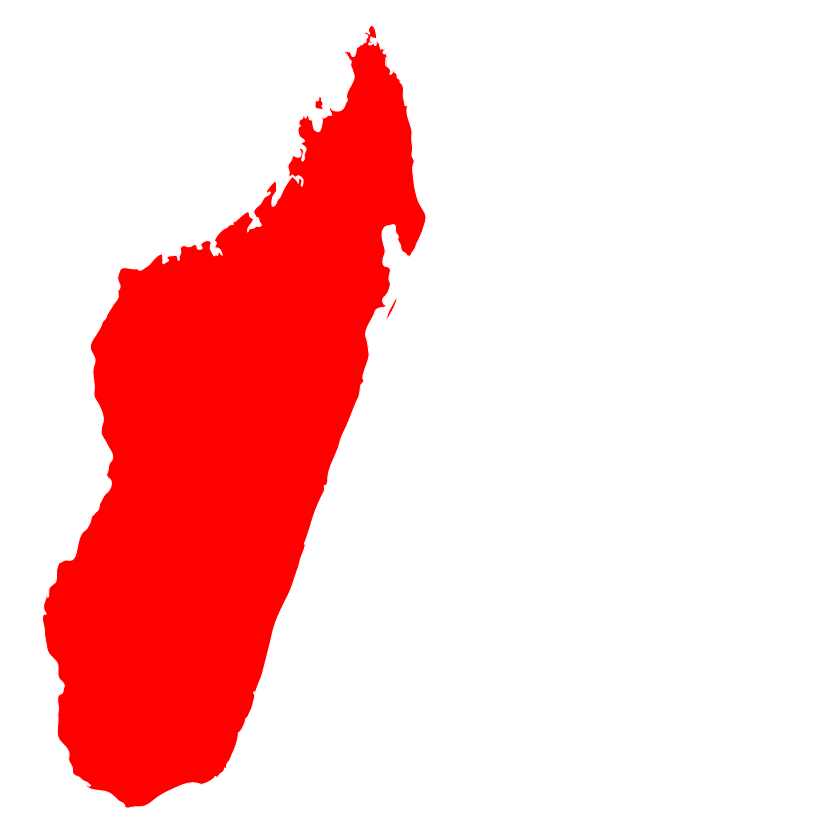On the 9th of May Israeli escalation against the Gaza Strip induced catastrophic humanitarian situation in the lives of the people living in Gaza. According to Palestinian ministry of health (MOH) on 13th May at 11:00 AM, 33 Palestinians were killed in Gaza, including 6 children and 3 women, and more than 190 were injured including 64 children and 38 women, many of them were serious injuries and might have a long-term disability that needs further interventions.
The initial governmental report showed that hundreds of housing units were totally destroyed or damaged, where hundreds of Palestinians have had to leave their homes in Gaza due to the ongoing air strikes targeting their homes which were completely, partially damaged or their houses at risky areas with a potential to be targeted by bombardment, multiple water and sanitation facilities and infrastructure were also damaged.
Access to the sea for fishing was suspended during the escalation affecting more than 4,400 fishers and their families, as well farmers were unable to safely access farmlands near the Israeli perimeter fence for irrigation, harvesting, feeding livestock and other essential activities, critically undermining their livelihoods, and leading to scarcity of fresh vegetables and other food commodities in local markets.
The hostilities continued until a ceasefire came into effect at 22:00 on 13 May. The ceasefire continues to largely hold, despite incidents involving the exchange of fire, shortly after the ceasefire.
ACT Palestine forum is preparing an RRF to respond to the needs of the affected communities. ACT member DSPR- NECC is getting ready to respond to this crisis with focus on sectors, Food and NFI’s, Health, and MHPSS.
